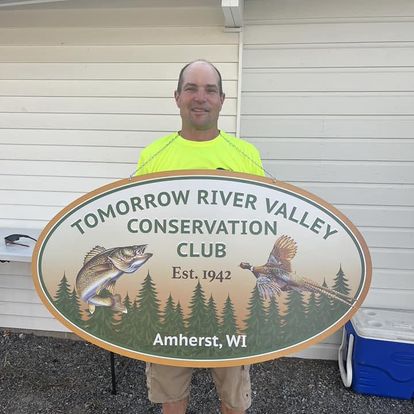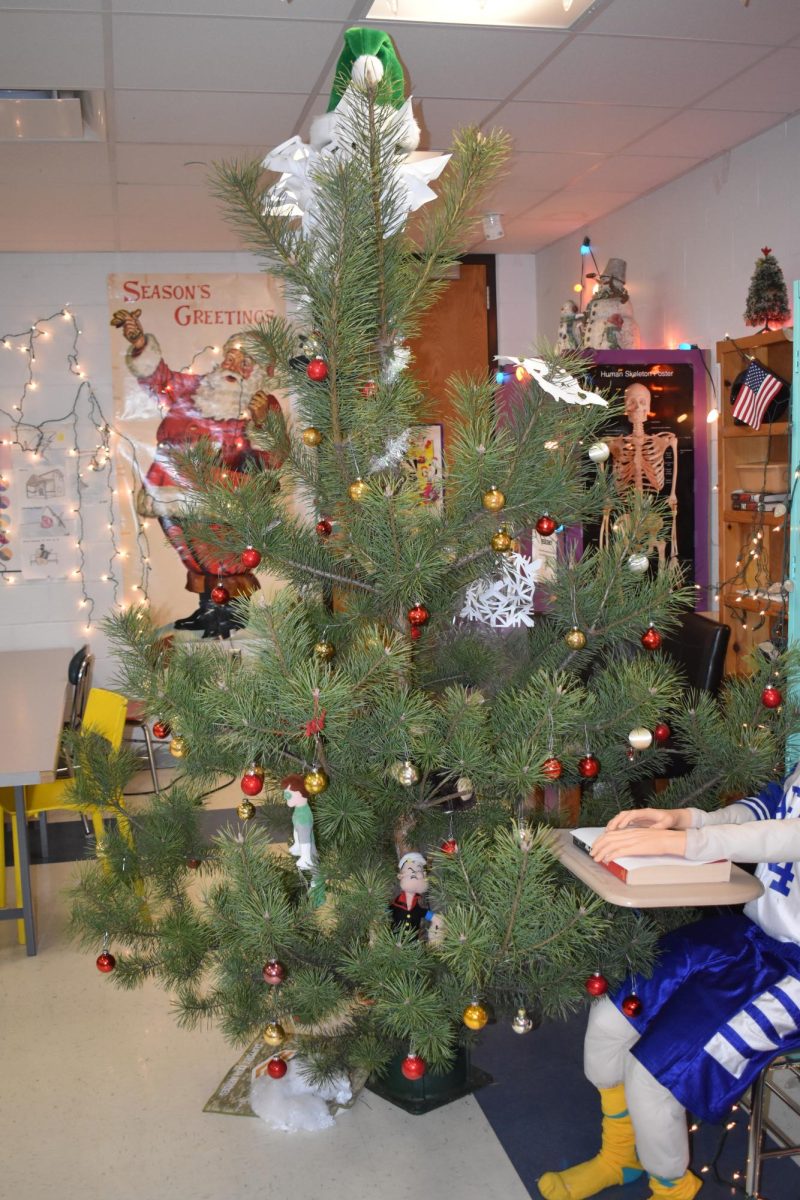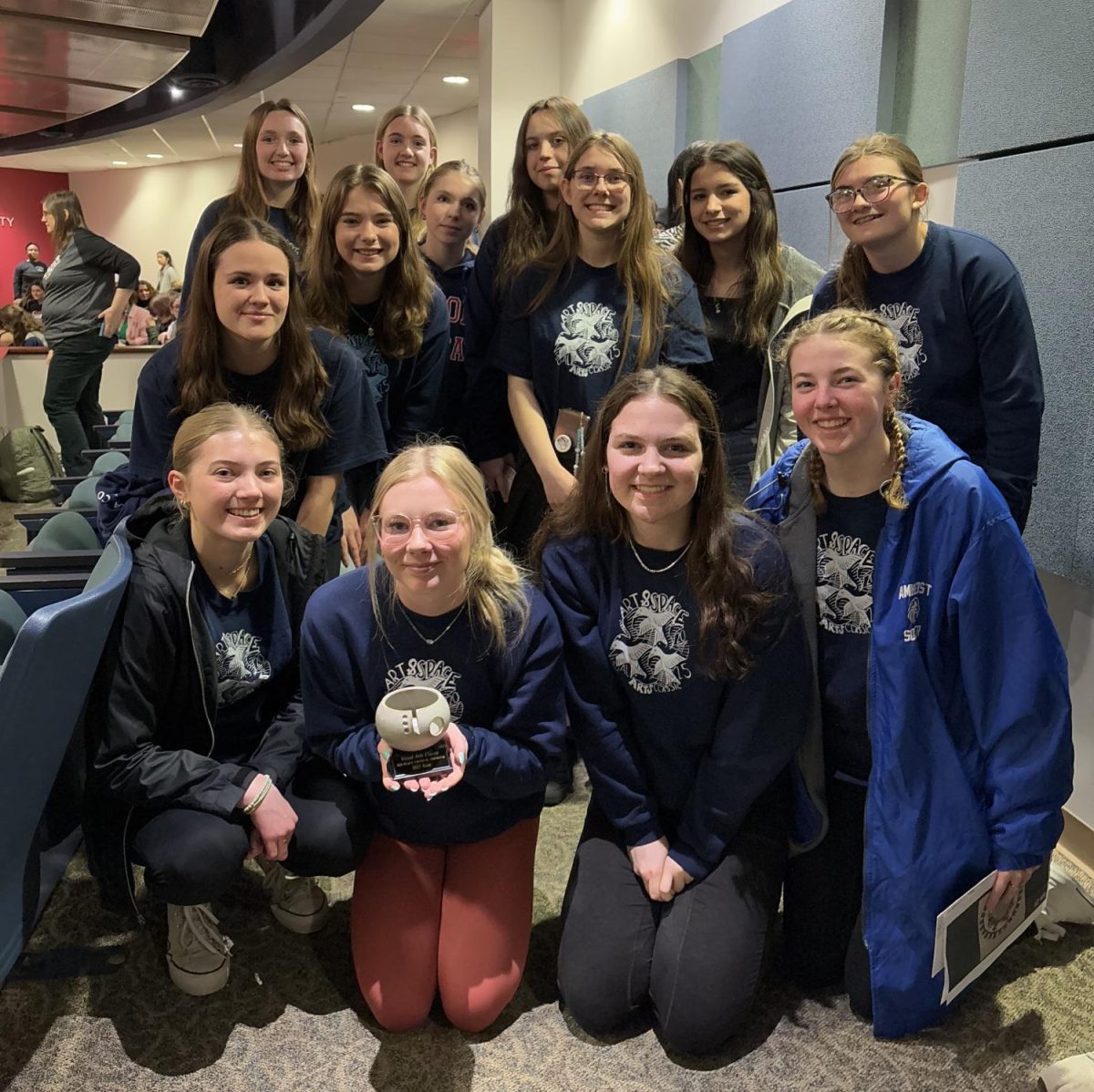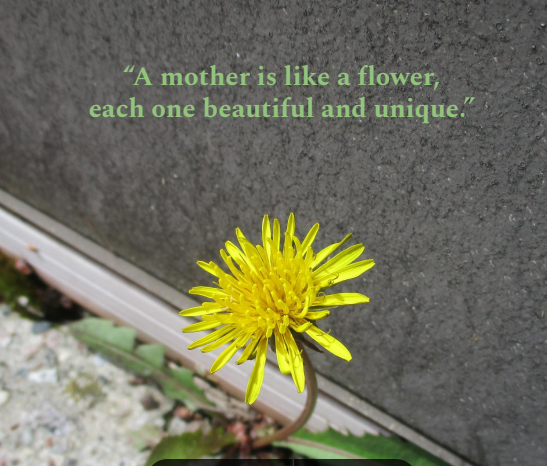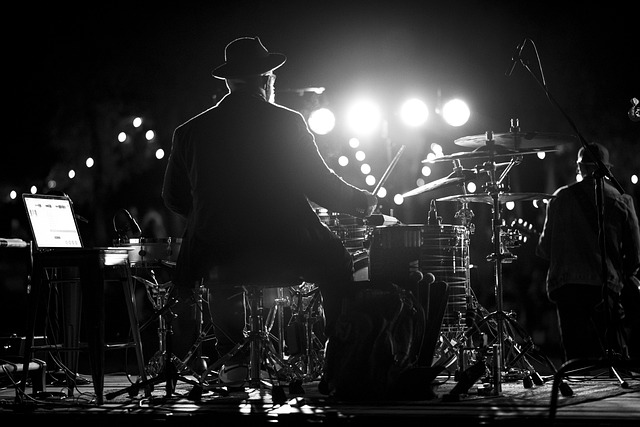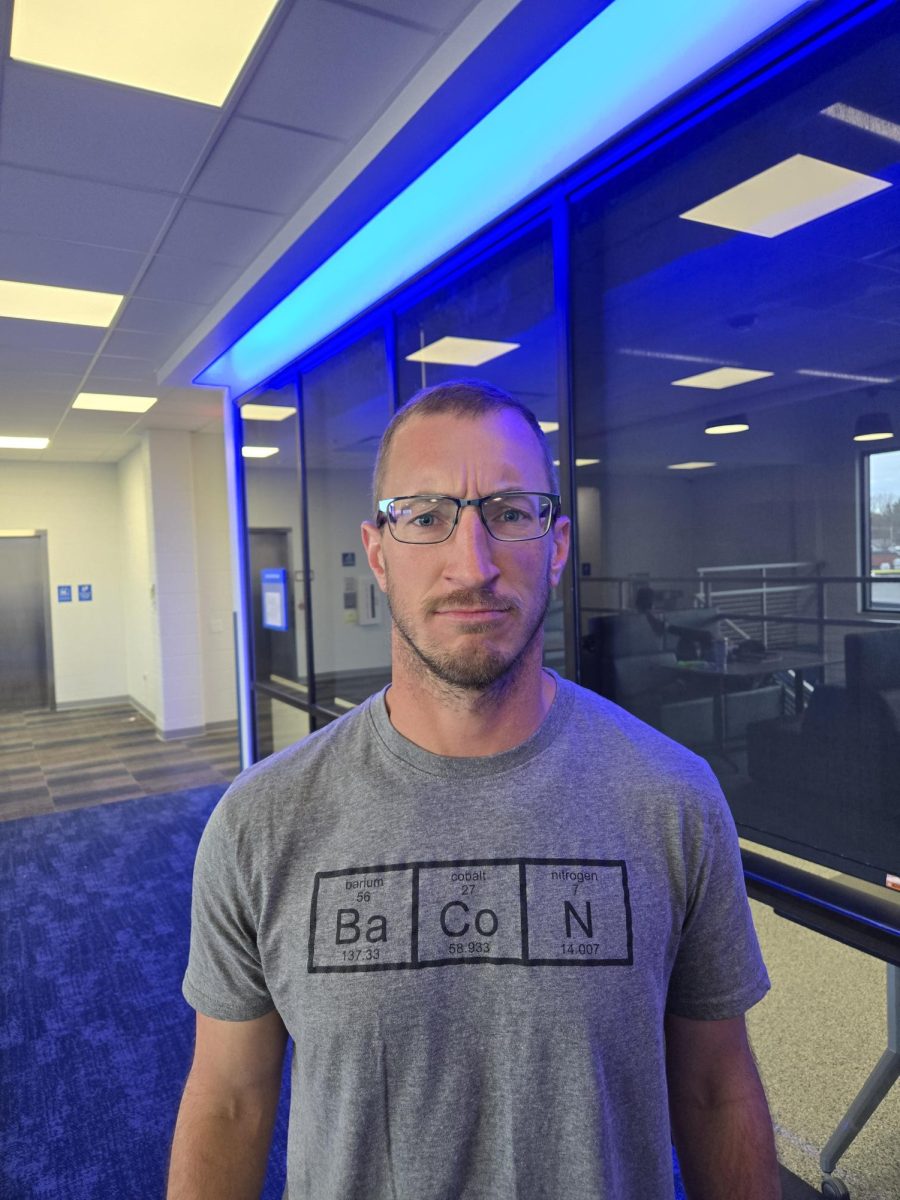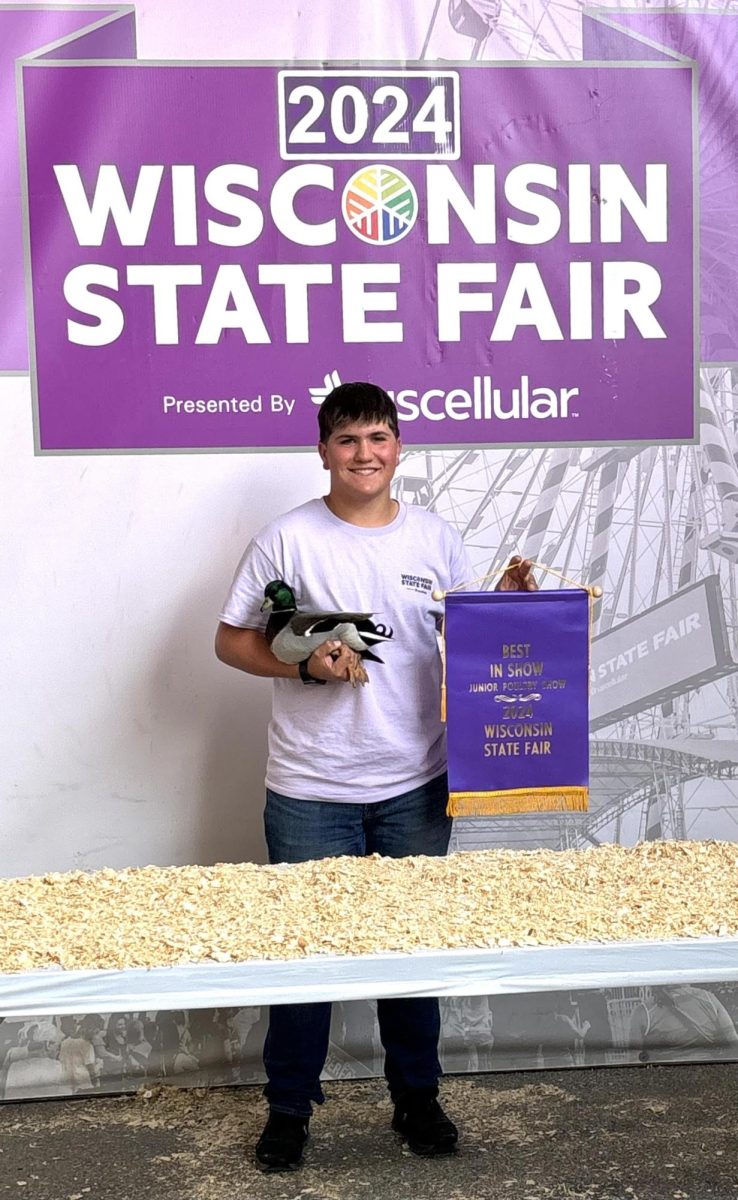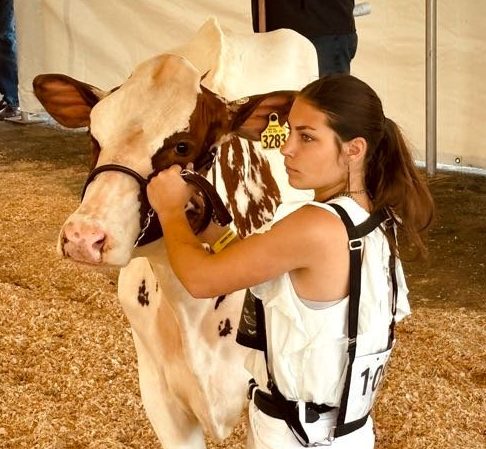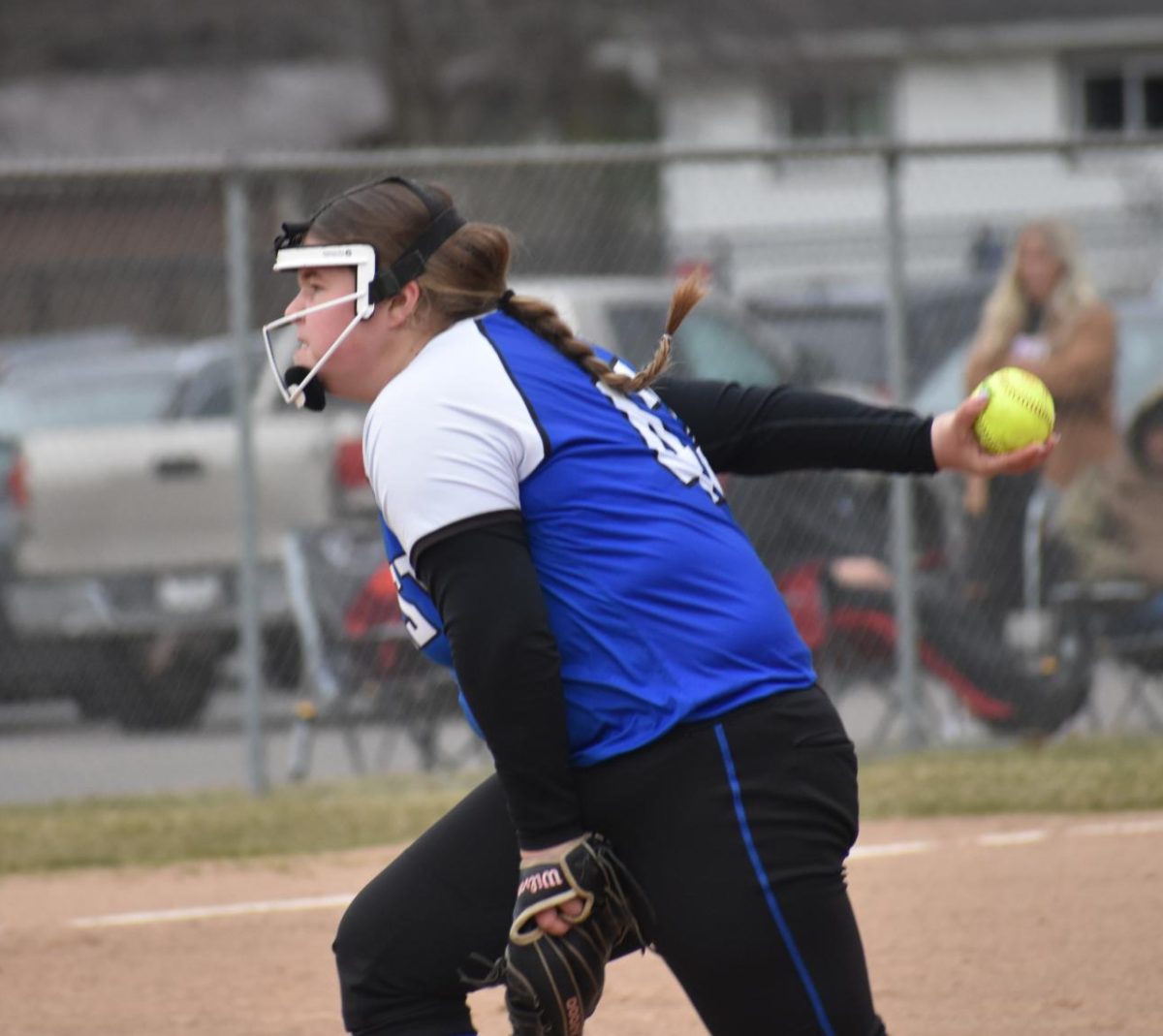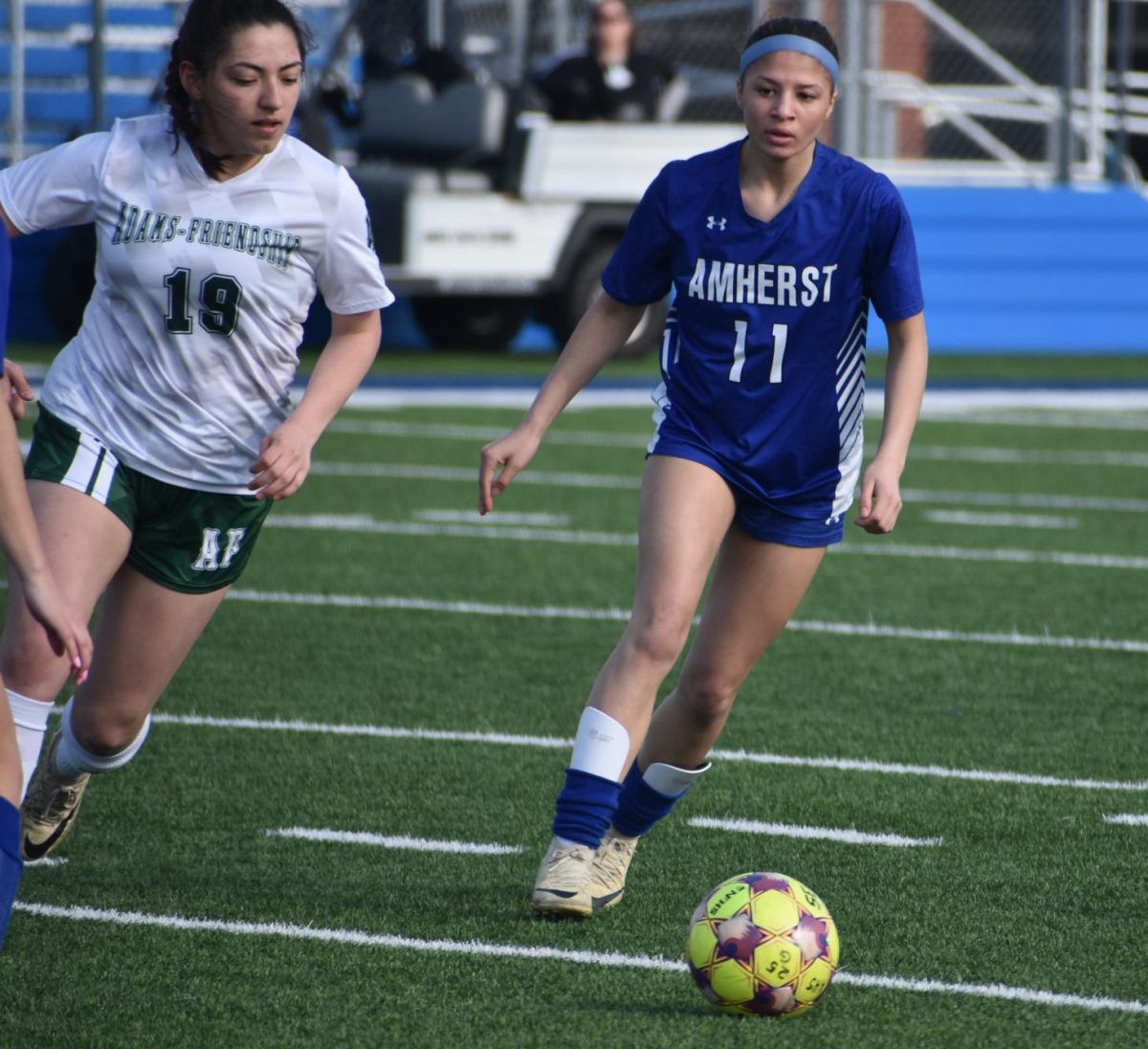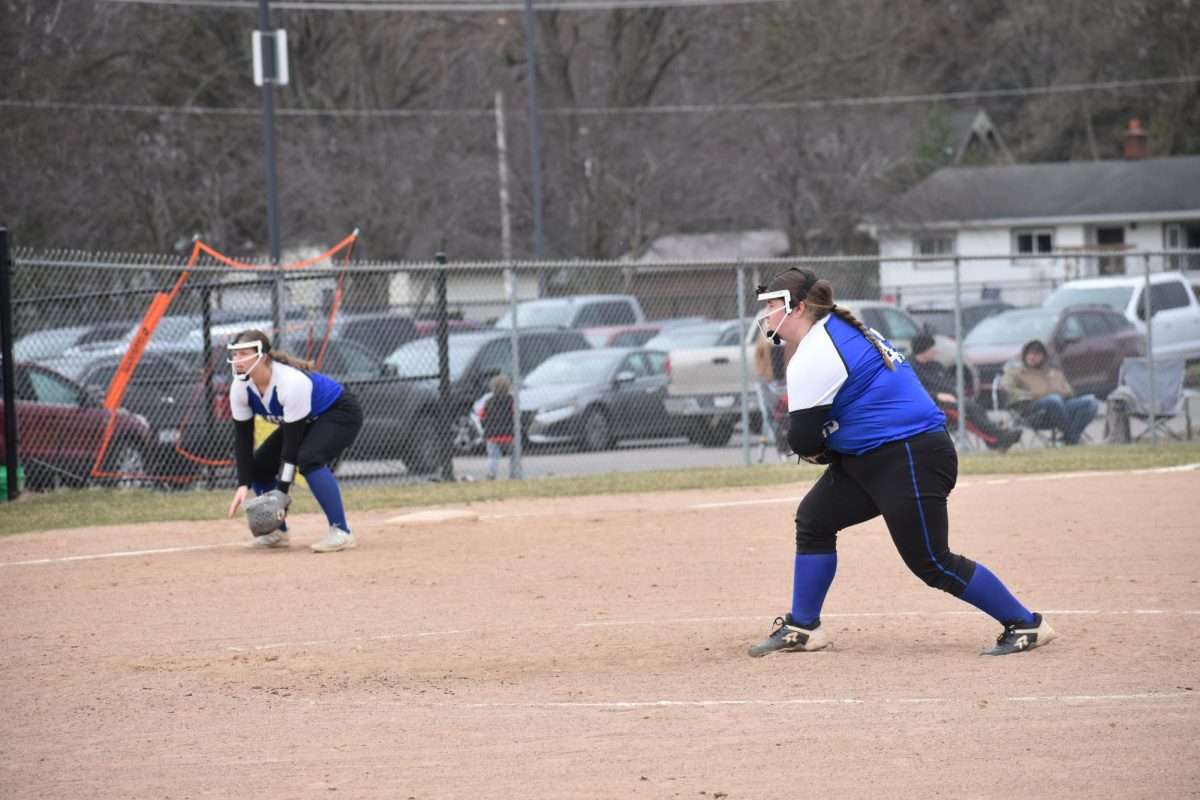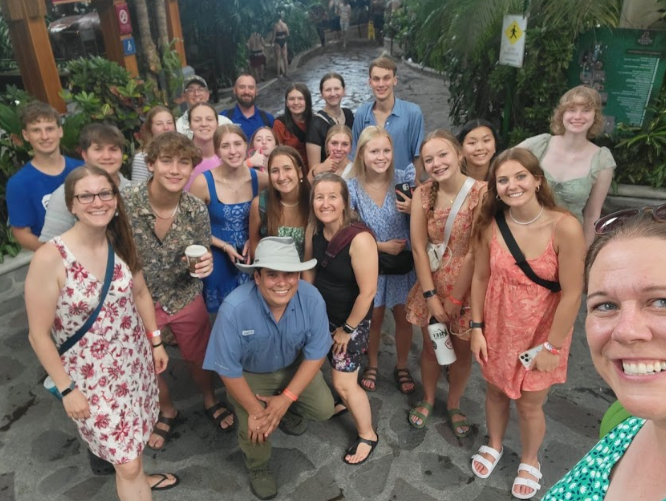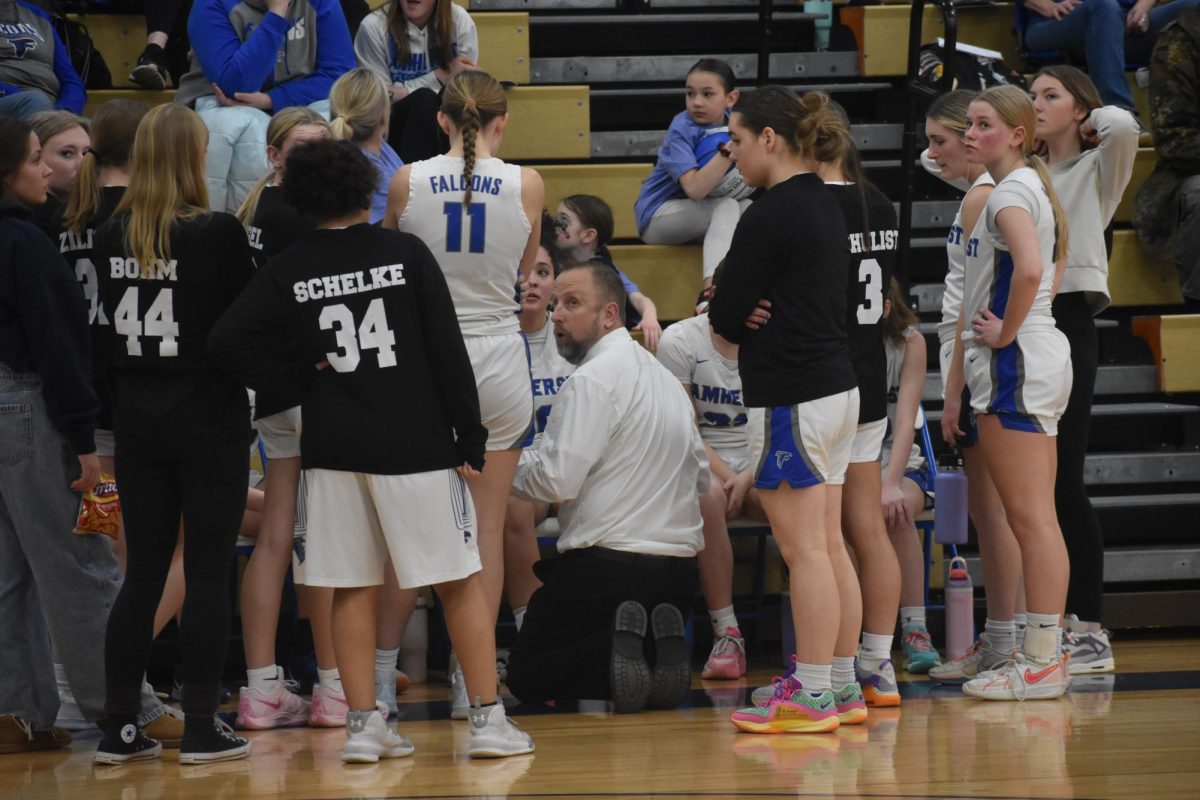Personal Care Assistants (PCAs) work hard and care for the elderly and disabled in order to get a head start on future healthcare careers. It’s difficult and challenging work that requires a variety of personal skills and abilities.
Numerous people might be confused about the term PCA, often confusing it with a CNA. Well, what is the difference? Becoming a PCA does not require certification. It’s a step before becoming a CNA (certified nursing assistant). PCAs must, however, be trained and take a test to be able to be hired for the position.
CNAs and PCAs are similar in some ways. Many daily duties are relatively the same, along with inconveniences that happen throughout the week. Strict training and lots of hands-on chores come with PCA work and in that way they are also much like a CNA.
PCA duties are relatively the same every week, meaning the residents have a set schedule they prefer. Many residents (in any facility) you will find like to stick to a routine, and that’s what PCAs stick to as well. Some days are different than others. Certain days mean showers and laundry chores for certain residents and a different day may mean the same chores for someone else.
Personal care assistants have to be willing, and caring to be able to enjoy and do their job to the best of their ability. Many PCAs working at Living Oaks, Iola, Wis., deal with many of the same duties and tasks. Aerials Eubanks, and Val Wolberg work as PCAs, providing great care to the residents while doing their best to make them happy and comfortable.
Eubanks said the hardest part of working at Living Oaks as a PCA is “the deaths that occur and the overall sadness some of the residents feel.” She does her best to support and care for her residents. Most shifts she works are from 4-8 p.m. after school and 2-10 p.m. every other weekend. “Working in a nursing home isn’t hard once you’re trained, but some days are tougher than others,” she noted.
Eubanks comes to work willing to work with her residents and put a smile on their faces. Wolberg agrees that coming to work with a smile is key to a good shift, for all involved.
Wolberg said the best part of being a PCA is helping the residents with things they can’t do themselves. As caring and as kind as many of the residents are, it means so much to them to have the help they receive.
As for Wolberg, the hardest part of the job is “not having enough time to do all the things they want done.” One resident, for example, asked Wolberg to fix her table, but she had other residents and cares to attend to and ran out of time, so later that week she came back on her day off and fixed the “anonymous” resident’s table.
Many of the PCAs working in Living Oaks, including Eubanks and Wolberg, try their hardest to make the residents as comfortable and happy as possible given their often difficult circumstances. PCAs and CNAs share many of the same tasks, the biggest similarity perhaps being that they work in residents’ homes. They share a key concept to always keep in mind, their foremost mission to keep residents safe, happy, comfortable, and healthy.





